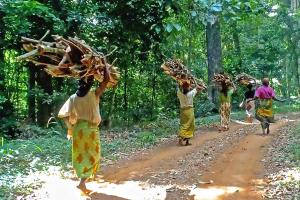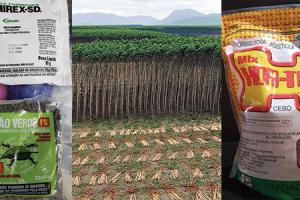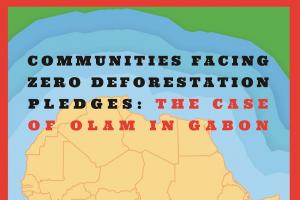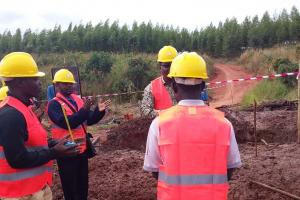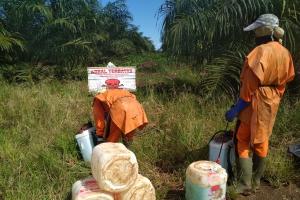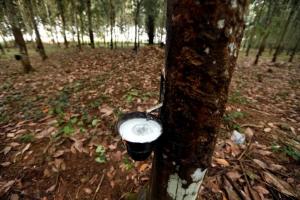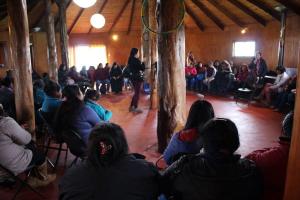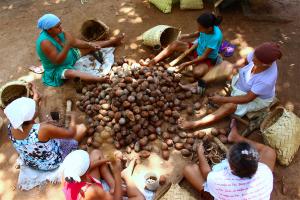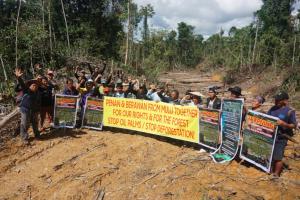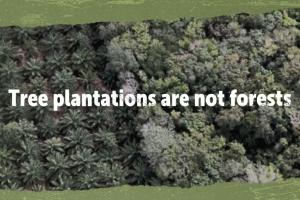Plantation companies often argue that local populations are destroying the forests, particularly where people depend on firewood and/or charcoal for their energy needs. Thus, they argue, industrial plantations can “sustainably” provide this wood. But this is simply not true.
International Day of Struggle Against Monoculture Tree Plantations 2020
Bulletin articles
5 March 2020
One of the latent dangers that comes with the establishment of monoculture plantations—which is generally invisible—is the high use of agrochemicals. Agrochemicals support profits for plantation companies and their financiers, while poisoning life.
Bulletin articles
13 January 2020
The company, Portucel, considers its thousands of hectares of plantations in Mozambique to be “sustainable,” despite serious problems and conflicts with and among local communities.
Bulletin articles
30 September 2019
Exploitative working conditions in the oil palm plantations’ industry in Indonesia are persistent and the main victims are mostly women. Although this situation is often overlooked, the production process of the world’s largest producer of palm oil is strongly influenced by its existence.
Bulletin articles
30 September 2019
The industrial production of natural rubber has always been synonymous with destruction and exploitation. About 70% is used to manufacture tires. As the use of cars, trucks and airplanes increases, the use of rubber will also increase. And this does not come without controversy.
Bulletin articles
30 September 2019
The Network of Women’s Organizations of Tirúa, in south central Chile, is deploying strategies for life to prevail in this region. This territory has been threatened by the massive invasion of tree plantations, which state policies continue to promote.
Bulletin articles
15 July 2019
The construction of the Suzano Pulp and Paper mill—along with nearby highways, the constant transport of wood, and the massive influx of workers—has brought a lot of devastation to communities. This is the testimony of an activist who is fighting for the territory.
Bulletin articles
15 July 2019
As a condition to install its second pulp mill, the company UPM demanded that the Uruguayan state build a new railroad from the site where UPM plans to locate its mill to the port. The government would cover the costs of these infrastructure projects at the service of UPM.
Bulletin articles
14 May 2019
Millions of hectares of mostly forested areas in Malaysia have been targeted for developing monoculture plantations –including expanding timber plantations-, however, many of these have not been fully developed yet.
Bulletin articles
14 May 2019
The expansion of oil palm and logging in Wimbí is a fact. And in both cases, the protagonist is the same: the land trafficker who allowed the palm company, Energy & Palma, to enter. This new cycle of dispossession threatens the culture and survival of the community.
Multimedia
10 September 2017
WRM releases five short videos which shows why industrial tree plantations are not forests.
The first one is about the impacts of large-scale tree plantations in general. The other remaining four focus on specific topics: oil palm plantations, pulpwood plantations, impacts on water and certifications.
The videos are available in two formats:
- On the WRM YouTube cannel, to share on web sites, social networks, via e-mail, etc.
- Versions in low resolution to download and share via WhatsApp and Telegram and for use in locations with slow Internet connection.
